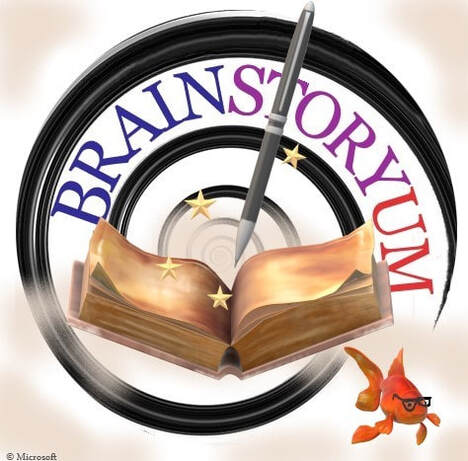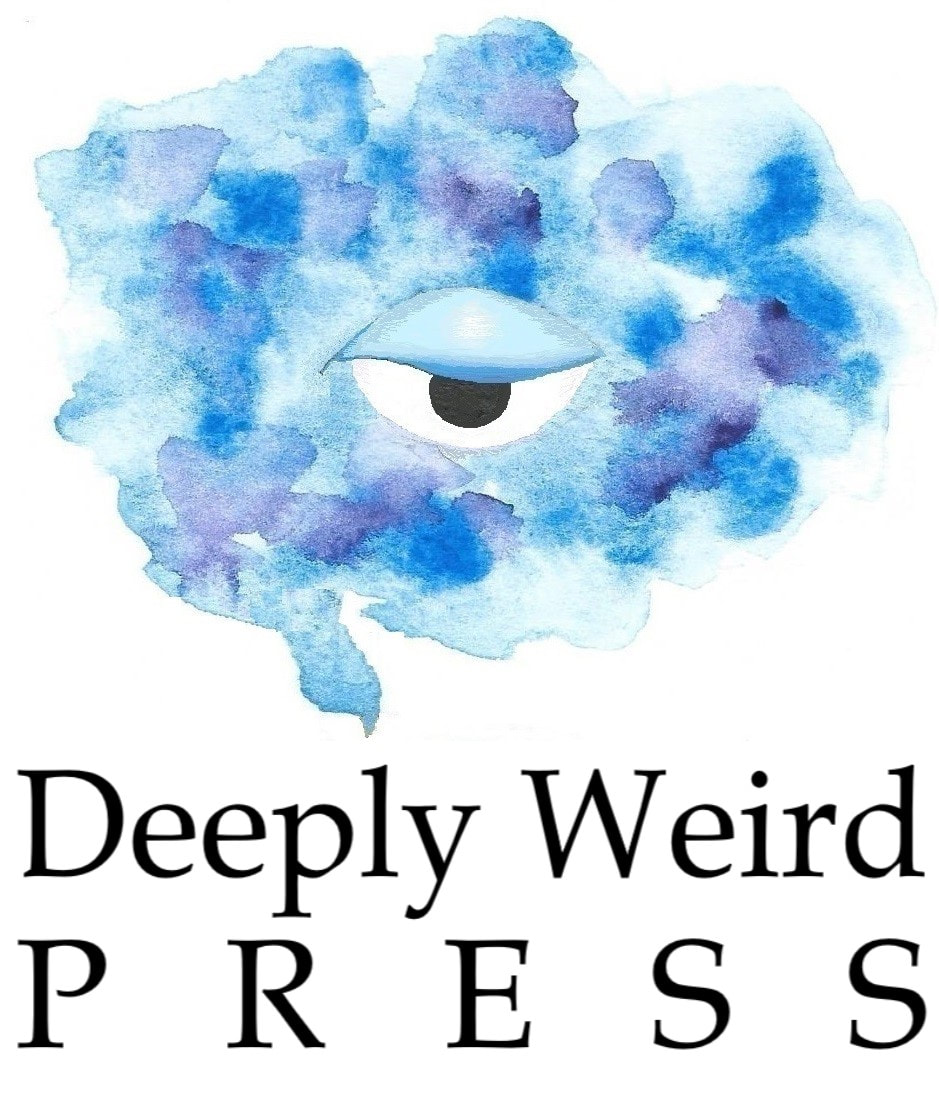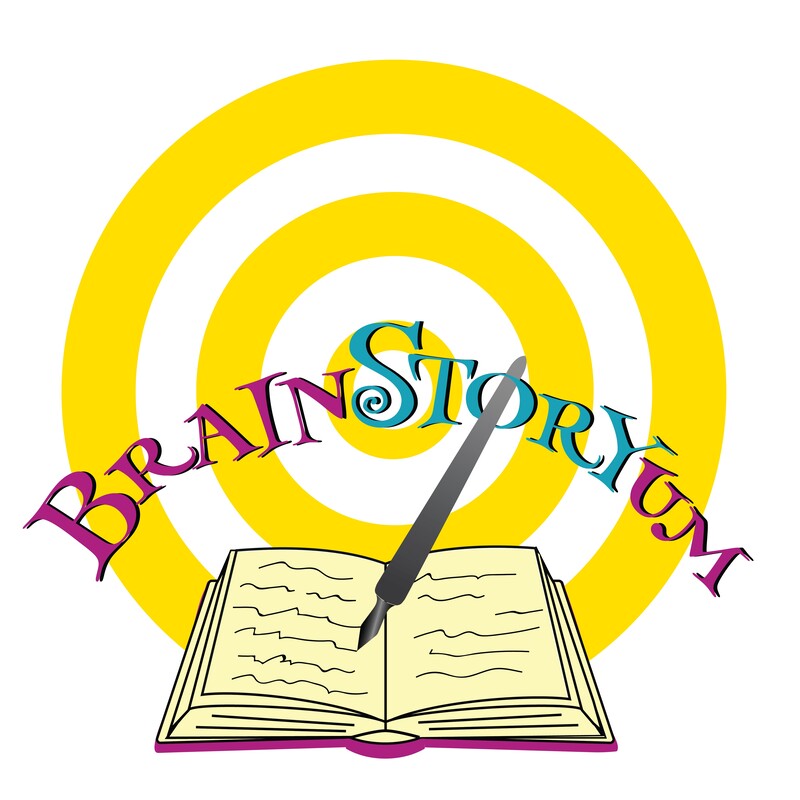As ever, Anna Tizard is your reliably zany inspiration mystic, here to talk about creative writing, brainstorming story ideas and how to take your imagination into new, unchartered territory – even when time, energy and space (or lack of it) seem to be set against us.
|
|
What readers are sayingReview of The Empty Danger: 5.0 out of 5 stars |
Contact |


